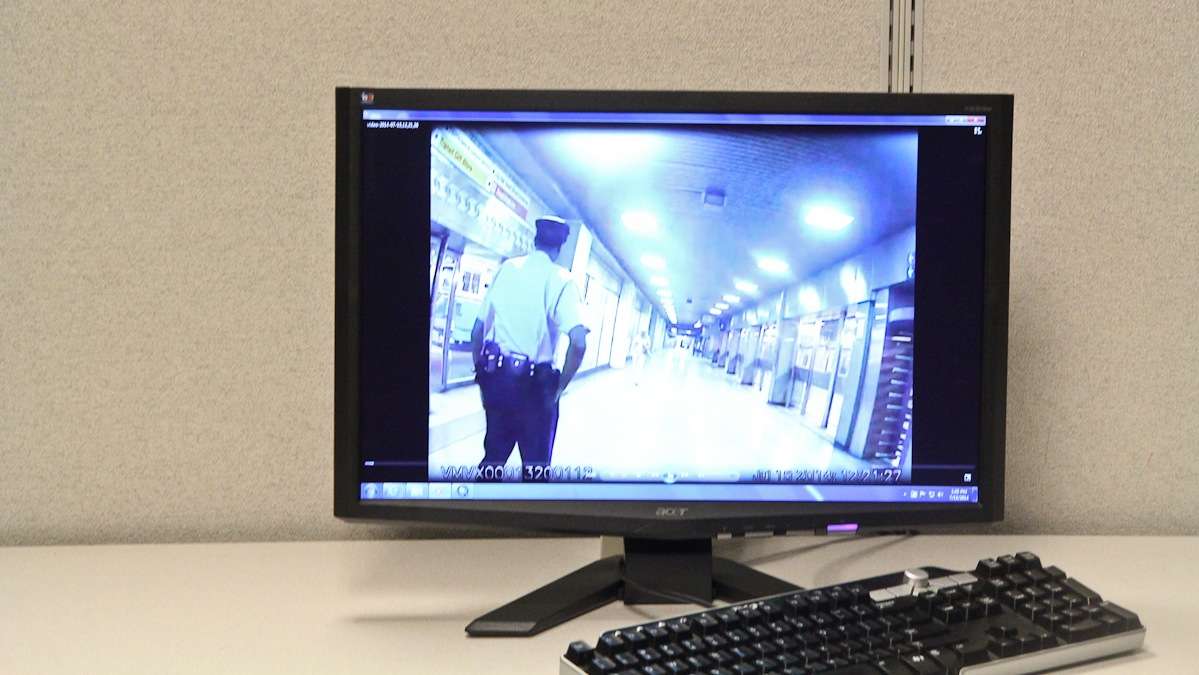University City Science Center names 7 startups for digital health accelerator
ListenSeven startups have been tapped to participate in University City Science Center’s first Digital Health Accelerator program.
The companies will receive up to $50,000 — funded primarily by the Commonwealth of Pennsylvania — as well as office space and valuable mentorship, said Chris Laing, vice president of science and technology at the Science Center.
Among the new tech-based health startups soon to set up shop at the Innovation Center at 34th and Market in Philadelphia is Curbside Care, a company that blends old-school medicine with 21st-century technology. It’s trying to make it practical again for doctors to make house calls.
Chief medical officer and co-founder Grant Mitchell said the idea is to find a better alternative to today’s primary or urgent care options.
“Instead of going there and waiting and having a lack of transparent pricing, and unpredictable wait times, you just press a button, and the doctor comes to you,” he said.
Curbside Care, currently recruiting nurse practitioners and doctors who want to make extra money, plans to begin sending them out to patients in about a month.
“Just like Uber, [the health care professionals] get a push notification if someone around the corner is sick and they have the spare time to go see them,” said Mitchell. “We provide the malpractice [insurance], we provide all the infrastructure; they just get to do what they went to school to do, which is to provide care.”
Another company that made a good impression is Life Patch, the youngest team to make the cut.
Co-founder and CEO Aaron Goldstein said most of his team is still in college at the University of Pennsylvania, but they’re just weeks away from accepting orders for their non-invasive thermometer.
“It’s a small patch that a parent can put on their child,” said Goldstein. “It allows them to continuously monitor their temperature in real time and receive alerts when the child’s temperature starts to rise.”
Life Patch plans to retail the device for $129 and use crowd-funding to get fully off the ground.
Shared frustration
Both companies began after a founding member had a negative experience with existing health care systems.
As a Hodgkin lymphoma patient, Life Patch’s Collin Hill had to monitor his temperature before going to bed to make sure he didn’t have an infection. Despite his best efforts, Goldstein said one night he awoke several hours later with a fever — and had to be rushed to the ICU.
“Basically, Collin became really frustrated that there was no way for him to continuously monitor his temperature and be alerted when it starts to rise,” said Goldstein.
Similarly, Curbside Care’s Scott Ames was out of town with his fiancée when she developed a bad ear infection. Mitchell said they went to an urgent care clinic, but ended up having to wait four hours and pay just as much as going to the emergency room.
Innovation City
The ultimate goal of the accelerator program, according to Laing, is to develop — and keep — tech companies in the region.
For example, two international winners will now be increasing their presence in the city: the French medical imaging IT company Keosys; and Pulse InfoFrame, a Canadian cloud-based health care analytics company.
“We think Philadelphia is a great place for digital health companies to come not only to develop their products, but also to develop their markets because there is such a large health care community and set of systems in the region,” said Laing.
The other successful entrants out of 67 applicants include Biomeme, which is making a DNA diagnostic unit that runs off an iPhone; UE LifeSciences, which aims to make early detection of breast cancer possible in developing countries with an ultra-portable, no-touch scanner; and Fitly, an app-based service that tackles obesity by making it easier to cook healthy meals.
WHYY is your source for fact-based, in-depth journalism and information. As a nonprofit organization, we rely on financial support from readers like you. Please give today.





